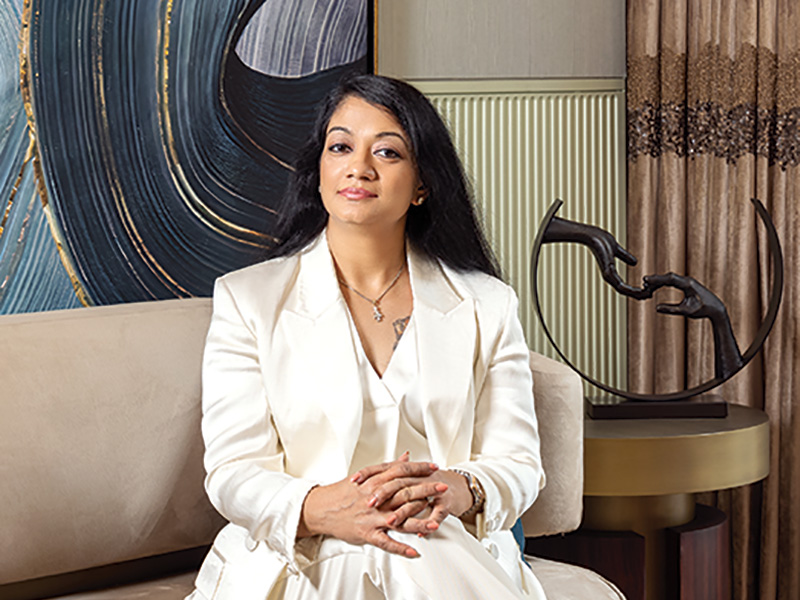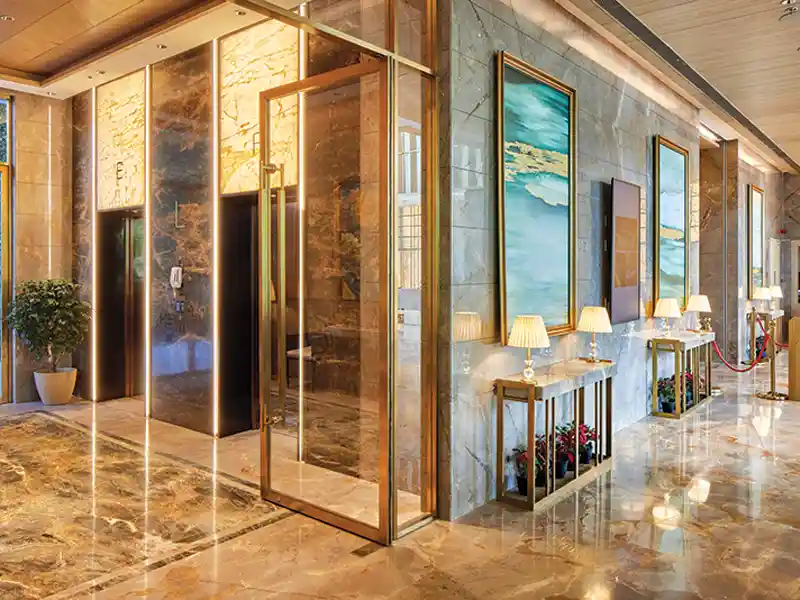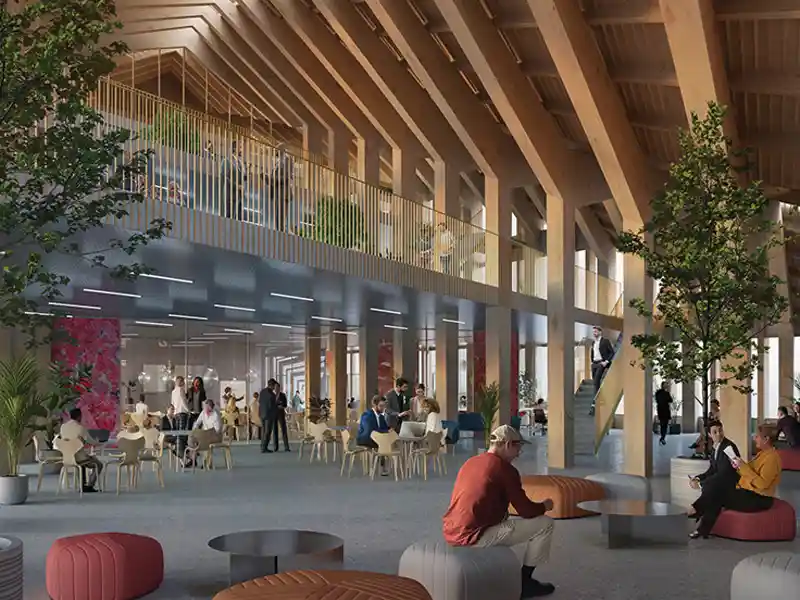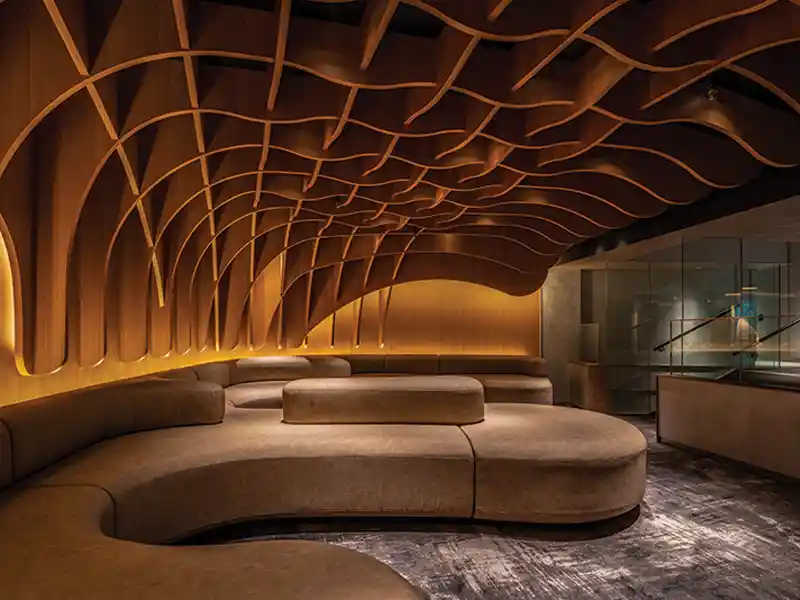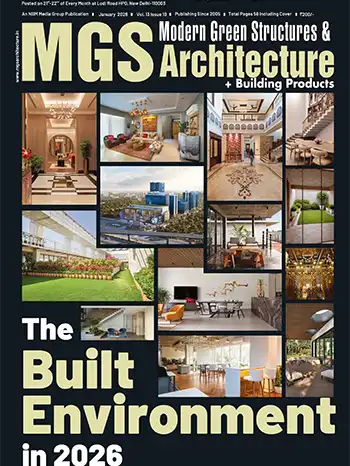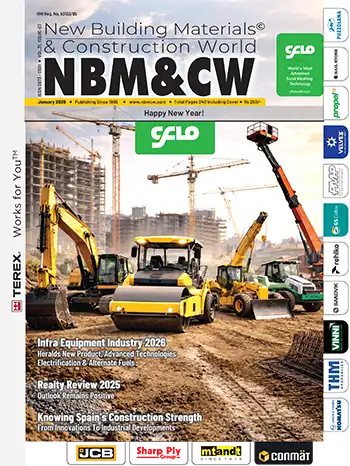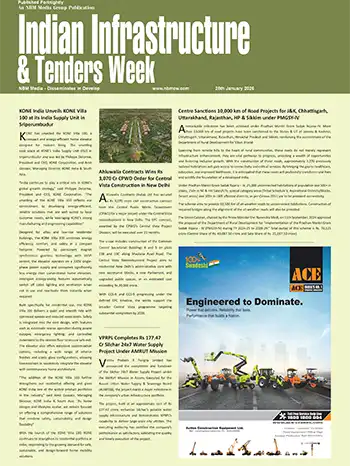It is important for end-users to understand the purpose behind sustainable practices and how they can be inspired by them.
Ritu Gupta - Co-founder, Pramod Group
Sustainability is a crucial aspect of the design industry. Energy efficiency, reduced environmental impact, improved indoor air quality, better overall durability, and enhanced physical and mental comfort of those living in such environs are the associated benefits.
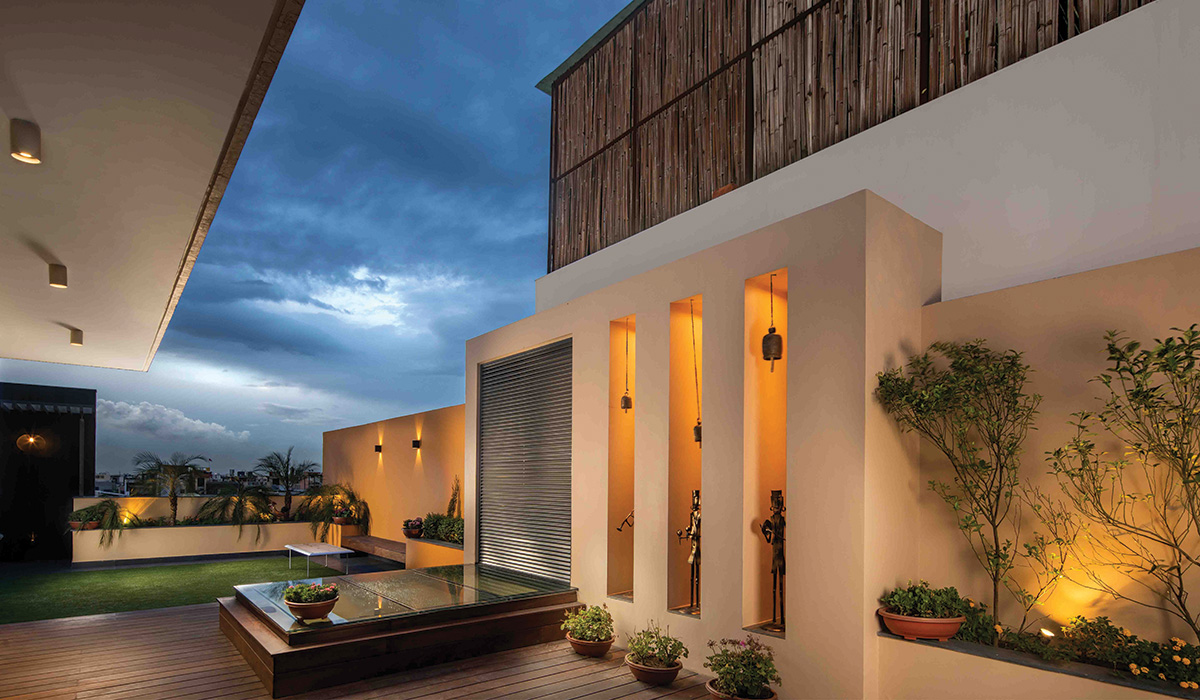
In our architectural designs and space planning, we prioritize use of natural light and ventilation to maintain a positive flow of energy throughout the space. Additionally, water harvesting is an integral part of all our projects to ensure that we give back to nature what we take from it. We recommend using star-rated air conditioners, refrigerators, and washing machines for improved energy efficiency, cost savings, and their reduced environmental impact since star-rated equipment have stringent energy efficiency standards like those set by the Bureau of Energy Efficiency.
Paints, adhesives, and sealants with non-volatile organic compounds (NVOCs) do not evaporate readily into the air, hence, they help improve indoor air quality. Many sustainable building materials and procedures are designed to last longer and require less care than standard materials and practices, saving money in the long run.
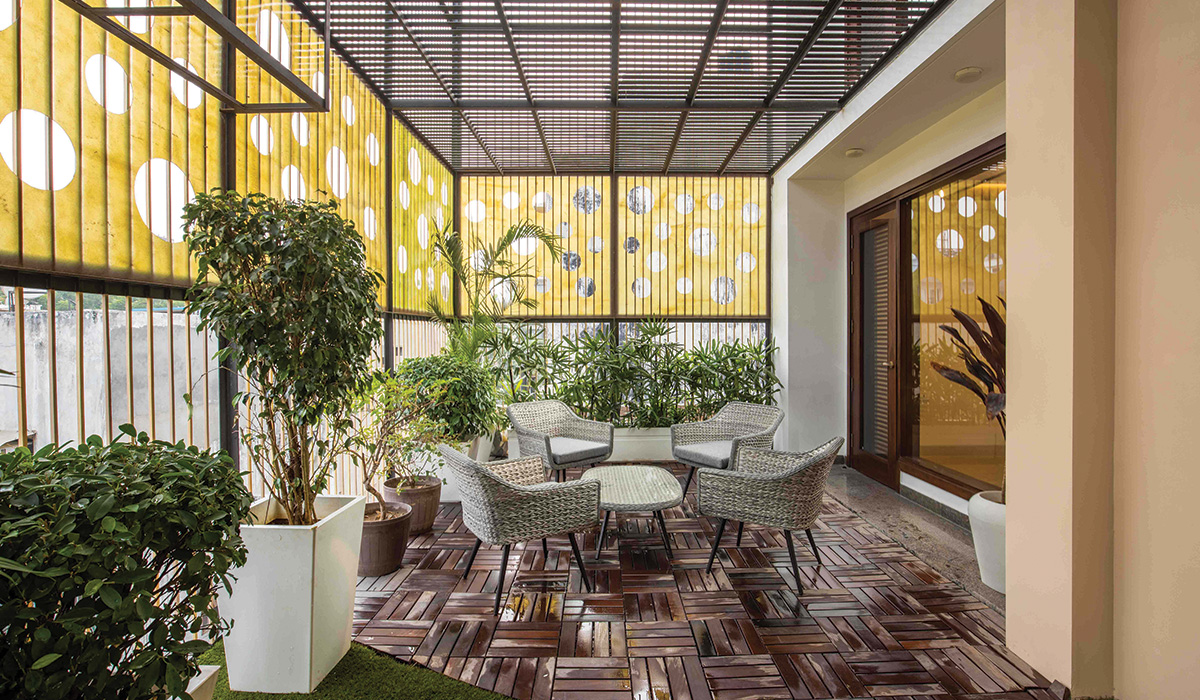
We will use fly ash bricks in our upcoming projects, do rainwater harvesting, incorporate terrace gardens to minimize floor temperature, and solar panels to generate clean energy. We are particular about using MDF wherever possible as it is made from recycled materials such as sawdust, wood chips, and other wood waste.

